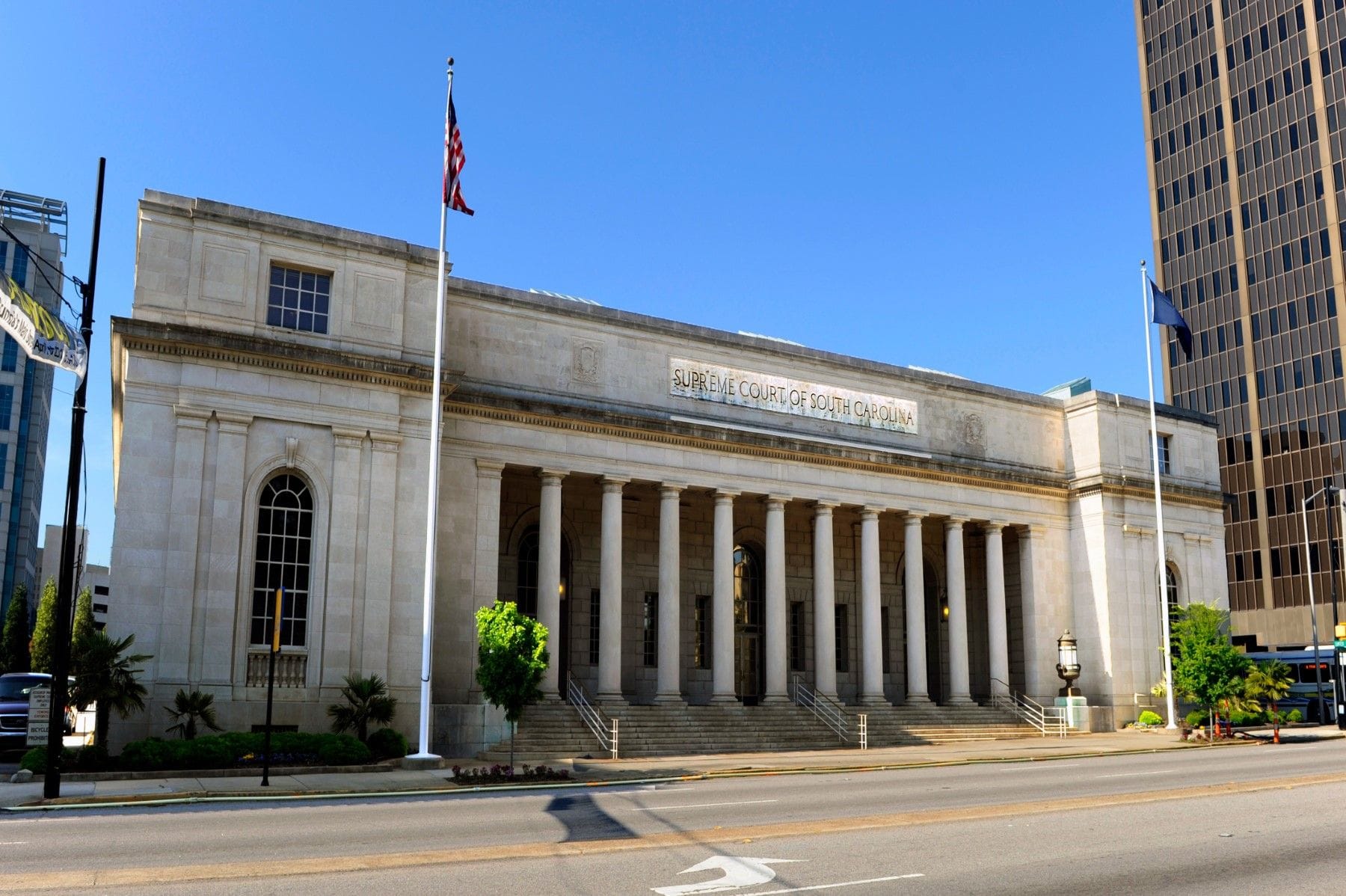South Carolina Expert Witness Disclosure Requirements
South Carolina requires timely expert witness disclosures under SCRCP Rule 26, detailing qualifications, opinions, and updates to promote fair litigation and avoid penalties.
Updated on
In this article
When Are Expert Witness Disclosures Required in South Carolina?
In South Carolina, the disclosure of expert witnesses is governed by both the South Carolina Rules of Civil Procedure (SCRCP) and specific local court rules. The timing for expert witness disclosures is crucial to ensure fairness and efficiency in the litigation process. Under Rule 26(b)(4) of the SCRCP, parties are required to disclose the identity of any expert witness they intend to call at trial. This disclosure typically occurs during the discovery phase of litigation.
Initial Disclosure Deadlines
The initial disclosure of expert witnesses in South Carolina must be made in accordance with court-ordered deadlines, which are generally established at the preliminary stages of a case. These deadlines can be specified in a scheduling order issued by the court. If no specific order is in place, parties should adhere to the general rule that disclosures are made as early as practicable to avoid any undue prejudice to the opposing party.
Supplemental Disclosure Timelines
Supplemental disclosures are required when there are changes or additions to the expert's opinions or if new information becomes available that affects the expert's testimony. According to Rule 26(e) of the SCRCP, parties have a duty to supplement their disclosures in a timely manner. Failing to do so can lead to significant consequences, including the exclusion of expert testimony.
Case-Specific Timing
In some instances, the court may set specific deadlines for expert disclosures based on the complexity of the case or other relevant factors. It is imperative for legal professionals to be vigilant about these case-specific timelines to ensure compliance and avoid potential setbacks.
Information That Must Be Included in the Disclosure
The disclosure of expert witnesses in South Carolina must be comprehensive and include specific information to facilitate the opposing party's preparation for trial. The following elements are typically required:
- Expert Qualifications: A detailed account of the expert's qualifications, including their education, training, and professional experience relevant to the issues at hand.
- Opinions and Bases for Opinions: A summary of the expert's opinions and the underlying basis for these opinions, including any methodologies used.
- Data Considered: All data and information considered by the expert in forming their opinions must be disclosed.
- Fee Structures: Details regarding the compensation structure for the expert's services, which may include hourly rates and any other payment arrangements.
- Prior Testimony: A list of other cases in which the expert has testified, either in deposition or at trial, over the past four years.
This information is critical for the opposing party to effectively cross-examine the expert and prepare for trial.
Supplementing and Amending Expert Disclosures
In South Carolina, the duty to supplement or amend expert disclosures is ongoing. Rule 26(e) mandates that parties must update their disclosures if they learn that the information initially provided is incomplete or incorrect in a material way. Supplementation should occur as soon as the new information becomes available to ensure transparency and fairness in the litigation process.
Consequences of Failing to Update Disclosures
Failure to appropriately supplement or amend expert disclosures can lead to several adverse outcomes:
- Exclusion of Testimony: The court may exclude the expert's testimony if the failure to disclose is deemed prejudicial to the opposing party.
- Motions to Strike Experts: Opposing parties may file motions to exclude the expert from testifying, potentially weakening the offending party's case.
- Sanctions: The court may impose sanctions, which could include financial penalties or adverse inference instructions to the jury.
Consequences of Failing to Properly Disclose an Expert
The failure to properly disclose an expert witness in accordance with South Carolina rules can have dire consequences for a litigant's case. These consequences are designed to deter parties from engaging in gamesmanship and to promote the integrity of the judicial process.
- Exclusion of Expert Testimony: As a primary penalty, the court may exclude an expert's testimony altogether if the disclosure requirements are not met.
- Sanctions: Under Rule 37 of the SCRCP, the court may impose sanctions, which can range from monetary fines to dismissing parts of the case.
- Broader Litigation Risks: Improper disclosures can lead to delays, increased litigation costs, and the potential for an adverse outcome due to the inability to present critical expert testimony.
State-Specific Rules and Key Considerations
South Carolina has specific statutes and court rules that impact expert witness disclosures, distinct from the Federal Rules of Civil Procedure. Notably, Rule 26 of the SCRCP mirrors many aspects of the federal rules but also includes unique provisions tailored to the state’s judicial framework.
Notable Statutes and Local Court Rules
- SCRCP Rule 26: This rule outlines the general provisions governing discovery and expert disclosures in South Carolina.
- Local Court Rules: Individual circuits may have additional rules or guidelines regarding the timing and content of expert disclosures.


